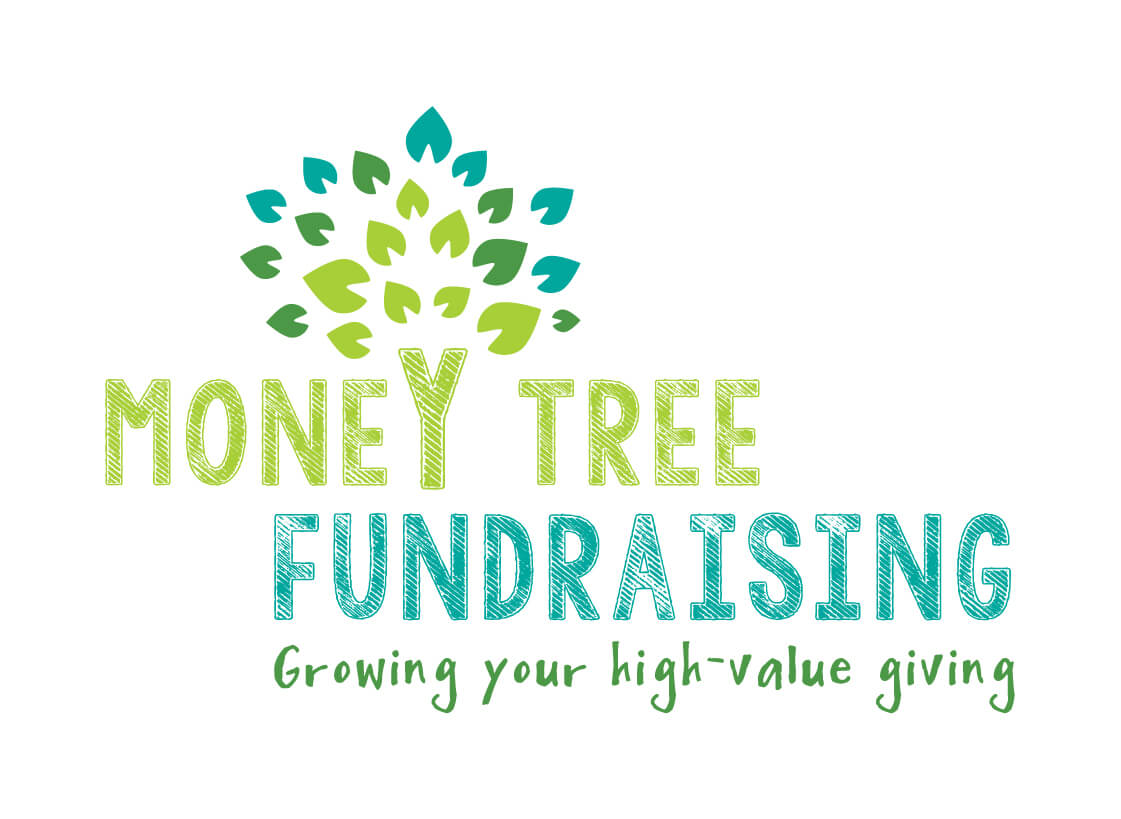
Photo by Paulette Vautour on Unsplash
There are few things more likely to put me off carrying on a conversation with someone than if their response starts “no, but…” It makes me feel rejected, unwanted, as if I am wasting my time.
I was once invited as part of a group to attend an event so that my feedback could be sought on a draft strategy. I listened as we started and quickly heard a pattern emerge. Each piece of critique was met with “no, but…” to defend the original thinking.
By the third “no, but…” my mind was wandering off – what would be the point of adding my expertise to this discussion if I was going to be ignored? I day-dreamed of being in the sunshine instead, considered picking up my phone to check my emails, started composing this blog in my head.
By being defensive, our facilitator closed down the conversation before it could get going – to go back against a “no but” is to appear argumentative – and so she missed out on the value of a table of strategists who would have debated each point between them, pulling things apart before putting them back together again. Something of real value may have emerged.
I know that the team that put together the draft strategy worked really hard. I am sure that some of our critique was borne from a position of ignorance as to the thought-process that had gone one and not all of it would have been relevant. Not all of it would have given the right answers. And I definitely know that there is no compulsion to act on every piece of critique in a feedback session.
The other consequence of this approach is that it puts people off being involved. Later that day I heard an attendee say of the same organisation that it was typical that they would “appear to listen whilst actively ignoring anything that was said.” As a very loyal supporter, I mounted a defence to this statement but my defence was lack-lustre as I recalled my own experience several hours earlier…
When we are building relationships with major donors we have to be very conscious of this. We are exposing a precious part of ourselves (our organisation, its plans, strategy etc.) to critique from an outsider. What if she doesn’t like it? Or even get it? It is so easy to leap to the defence of the thing we hold so precious.
In truth your donor might not get it at first. She might ask stupid questions. She might make suggestions that you know won’t work. She is bound to ask awkward questions, pick holes and point out the weakness you hoped she wouldn’t see. Accept these statements, opinions, suggestions, questions. Do not push them away with any form of “no, but…” be it direct or indirect. Instead have a dialogue and develop the thinking together. Question, show, tell, share and teach. If you have got it right then your donor will get there. On the way she might come up with a really good point or two; you don’t have all of the answers.
One tip for helping you to frame your conversations is to consciously start each response with “yes, and…” which will stop you saying (directly or indirectly) “no, but…” or its cousin “no, and…”
A genuine relationship, whether we are talking professional or personal, is based on several key elements. Being heard is one of them.
Give your major donor programme a health check now
